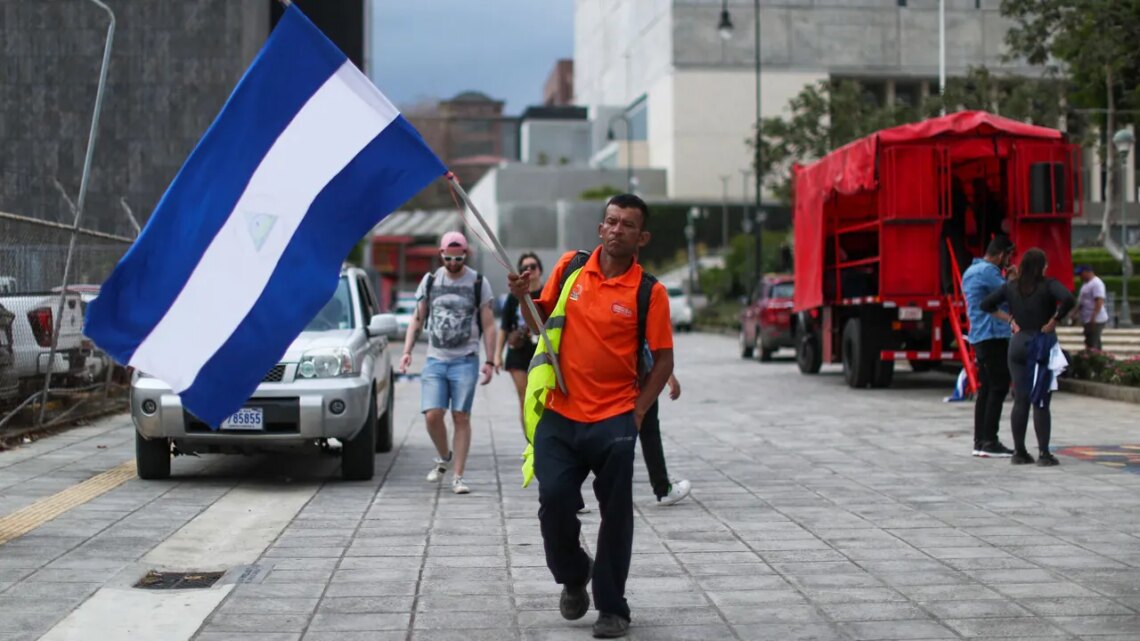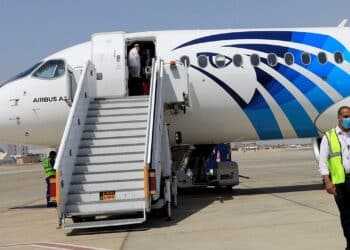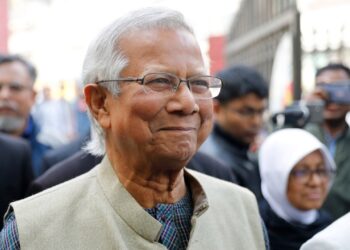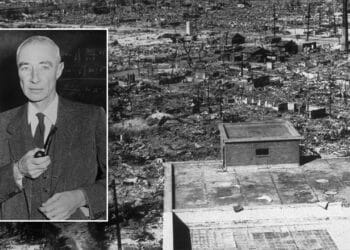-
Table of Contents
- Indigenous communities in Nicaragua northeastern region are grappling with a growing menace posed by armed assailants resorting to kidnappings and violence to forcefully seize ancestral lands.
- These intruders are driven by commercial interests such as agriculture, ranching, and timber extraction.
- The relentless aggression has compelled residents to flee their remote communities.
Indigenous communities in Nicaragua northeastern region are grappling with a growing menace posed by armed assailants resorting to kidnappings and violence to forcefully seize ancestral lands.
-
These intruders are driven by commercial interests such as agriculture, ranching, and timber extraction.
-
The relentless aggression has compelled residents to flee their remote communities.
Indigenous communities in Nicaragua are under growing pressure from armed assailants who use kidnappings and killings to push people off their land, according to community leaders, advocates and a regional human rights court.
A leader of the Mayangna people, who spoke on condition of anonymity out of fear of reprisals from the government of President Daniel Ortega, said his people suffer “a continuous colonization” from the land invaders. The attackers, referred to locally as “colonos,” occupy their land to engage in commercial agriculture, ranching and timber harvesting.
The Mayangna, along with the Miskito, occupy Nicaragua’s northeast region along the Caribbean Sea, living primarily in the vast tropical forest of the Bosawas Biosphere Reserve.
The Mayangna leader accused Ortega’s government of protecting the settlers.
“The colonos come and forcibly settle in our territories, where our way of life is: the hunting, fishing and rotational agriculture, meaning for subsistence, not commercial ends,” the leader said.
NICARAGUA PRESIDENT EXECUTES 40 PEOPLE, ORDERS HOSPITALS TO NOT TREAT PROTESTORS, UN SAYS
He said the settlers have violently attacked their communities in the Sauni As territory, including on the Alal community in 2020 and the destruction of Wilu in March, which left five dead and 16 homes burned. “Everything is part of a strategy of removing us from our land,” he said.
The attacks make violence unnecessary in other remote communities where residents simply flee for their lives when the settlers arrive, he said.
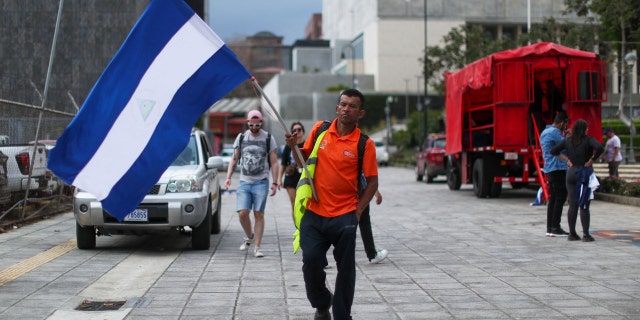
A man waves a Nicaraguan flag during a demonstration to commemorate Nicaragua’s national Day of Peace in San Jose, Costa Rica on April 16, 2023. (JOSE CORDERO/AFP via Getty Images)
This week, the Inter-American Court of Human Rights ordered the Nicaraguan government to protect the Mayangna living in Wilu and Musawas, which is the capital of the Sauni As territory.
The regional court said that it had confirmed a “worsening of the violent events in 2023.” The court’s action followed the Inter-American Commission on Human Rights last year calling on the government to protect the Mayangna communities.
According to the Prilaka Community Foundation, a nongovernmental conservation organization operating in the region, 10 Mayangna were killed by settlers between January and July, nine of whom were forest rangers.
CLICK HERE TO GET THE FOX NEWS APP
The court on Tuesday ordered Nicaragua to adopt “the measures sufficient and necessary to protect the lives and well-being” of the inhabitants of Musawas and Wilu, as well as the displaced people and the property and harvests they were forced to abandon. The government must implement security measures that would allow them to return, the court said.
The government of Nicaragua, which accepted the Costa Rica-based court’s jurisdiction over human rights issues in 1991, has not responded to the court’s order. The court had ordered the government to act in a similar case involving nine Miskito communities in 2016.
“These communities have been subjected to systematic attacks of armed colonos for nearly 10 years,” said María Luisa Acosta, a lawyer and coordinator of the Center for Legal Assistance to Indigenous Peoples.
Acosta said the court has held Ortega’s administration responsible for not complying with its duty to protect these people. Indigenous leaders say the police and military in the area do not intervene when the settlers attack.
She said the court’s action “helps to make more visible a tragic situation, of dispossession of territory and genocide” in indigenous territories, historically marginalized and forgotten by Nicaraguan administrations.
(this story has not been edited by TSA Mag staff and is published from a syndicated feed.)


